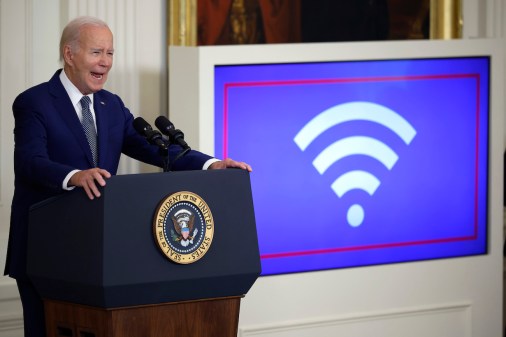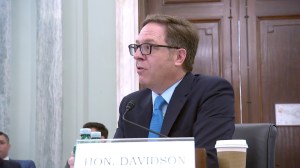How dark fiber can support flexible networks for local government

County governments can have a flexible, secure and controlled telecommunications network to support their municipal IT needs if they acquire dark fiber, technology officials said Tuesday at a National Association of Counties conference in Washington, D.C.
During a session designed for county chief information officers, panelists discussed the potential benefits and challenges of municipally owned dark fiber —a term that refers to unused fiberoptic infrastructure, which can be purchased or leased to create private networks — including its potential to support equal access to broadband and network security, but also its high up-front cost.
Dark fiber offers counties greater network control and capacity, said Christopher Constance, a commissioner of Charlotte County, Florida.
Instead of relying on commercial internet services providers and sharing fiber infrastructure with other entities, dark fiber gives counties the opportunity to use and manage their own, private broadband infrastructure.
This is relevant for counties that want to make sure their network connections and communications are secure, said Rebecca Hunter, a corporate strategist for Crown Castle, one of the United States’ leading providers of raw fiberoptic cable.
However, dark fiber is expensive, Hunter said, and to make that investment worthwhile, county leaders should create a master plan to direct how they would use it. Dark fiber holds potential for counties, but it only if paired with proper planning, she said.
In Montgomery County, Maryland, for example, dark fiber has been used to expand cost-effective, secure broadband throughout the county and supports emergency services and agency communication, said Sonny Segal, CIO of the D.C. suburb.
Segal said that the county’s investment in a fiber infrastructure has been very successful. According to the county, implementing a private fiber network is projected to save the county $200 million over 20 years.
Dark fiber can give counties opportunities to scale and personalize their networks, said Holly Hartell, a business relationship manager for Arlington County, Virginia, and as a result can meet the changing needs of residents and municipal government.





